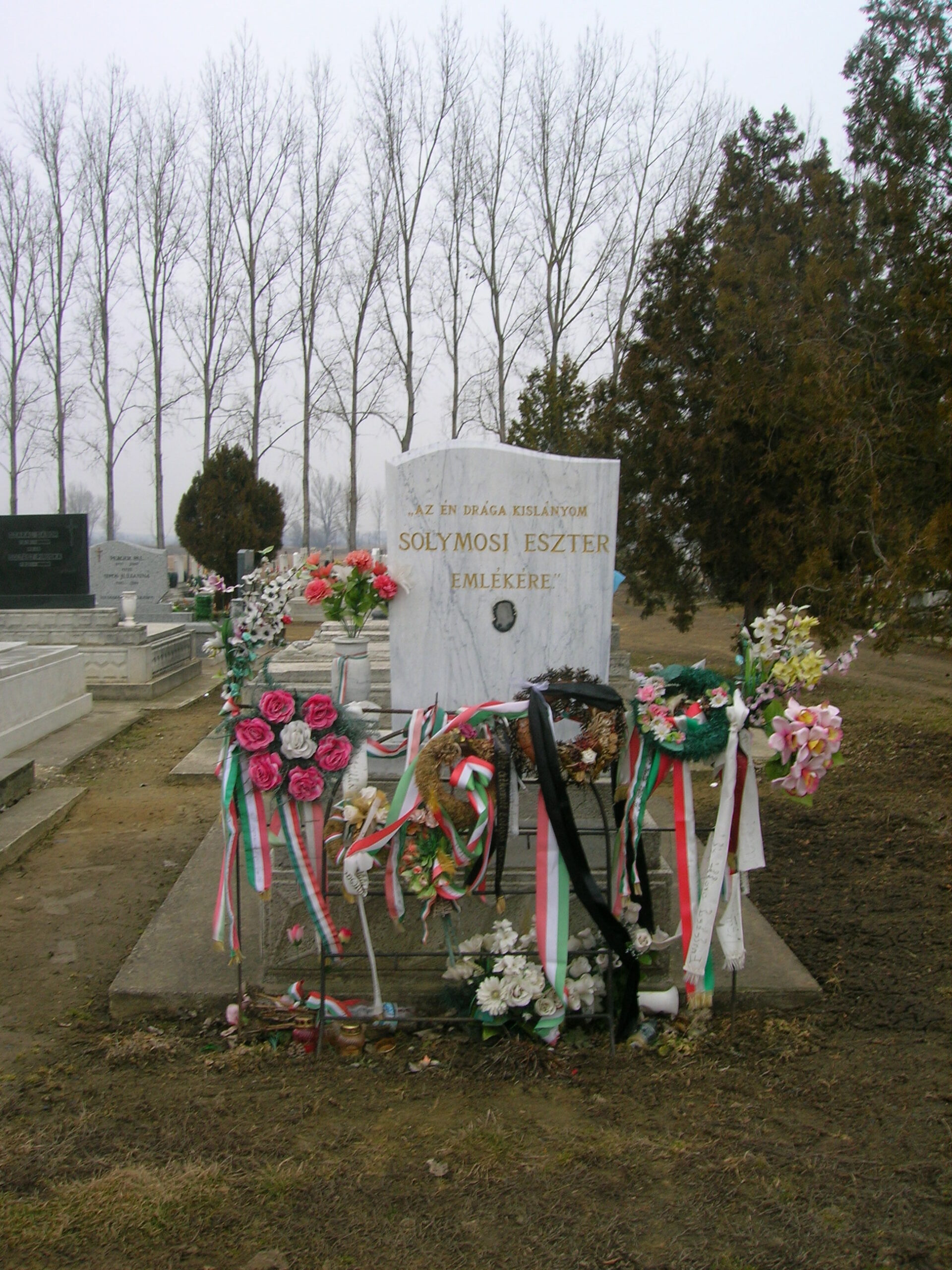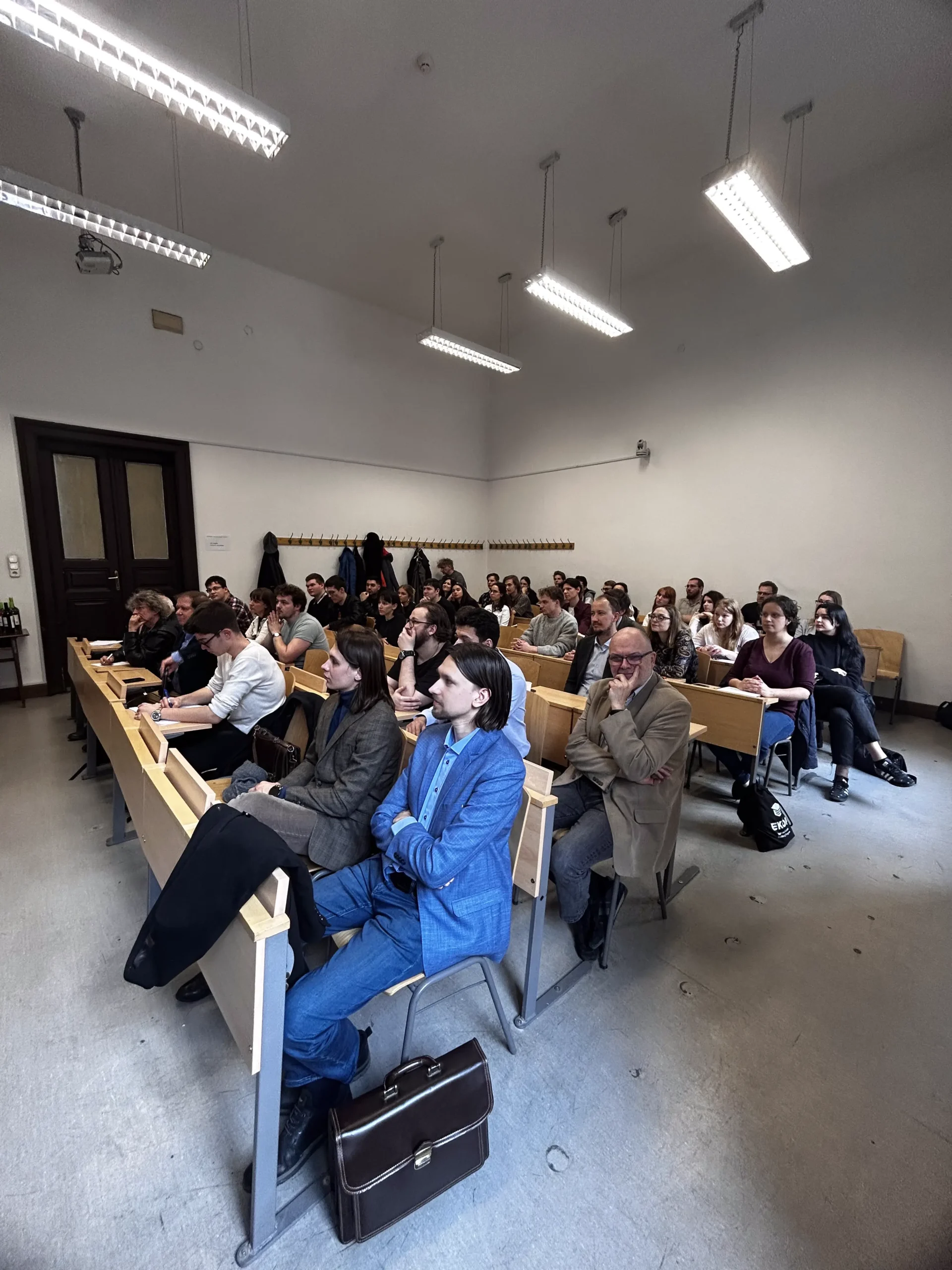The Origins of Antisemitism in Hungary – Tiszaeszlár
Fact of the Hungarian figure „Hungarian galley slaves – 1673”
Part of the „Religious tolerance and intolerance” topic
The Tiszaeszlár blood libel trial of 1882-1883 became a defining moment in the history of antisemitism in Hungary. The case, involving accusations against the Jewish community of ritually murdering a Christian girl, Eszter Solymosi, stirred nationwide antisemitic sentiments. The trial, which bore many of the hallmarks of a show trial, resulted in the acquittal of the accused, thanks largely to the efforts of Károly Eötvös and his legal team, who provided a robust defense against these baseless accusations. However, despite the acquittal, the trial further inflamed antisemitism across Hungary and beyond.
Seizing on the public outrage over the trial and acquittal, Győző Istóczy, a fervent antisemitic politician, launched a campaign that culminated in the establishment of the National Antisemitic Party on October 6, 1883, modeled after similar movements in Germany. The party gained enough support to enter the Hungarian Parliament in the elections of 1884 and 1887, a testament to the rising tide of antisemitic sentiment in the country.
The grave of Eszter Solymosi, whose death sparked the blood libel, became a symbol of antisemitic myth. In recent years, it has turned into a shrine for far-right organizations, such as MIÉP and the Magyar Gárda, who commemorate her death annually, perpetuating the false narrative of Jewish culpability. Despite the passage of time, these groups continue to fuel antisemitic ideologies using this tragic case as a rallying point.
The Tiszaeszlár trial garnered international attention, provoking condemnation from many intellectuals, including prominent Christian theologians across Europe. Hermann L. Strack, a Protestant Hebraist from the University of Berlin, was among those who decried the trial as a relic of medieval superstition. Lajos Kossuth, the revered Hungarian statesman, protested from his exile in Turin, calling the blood libel a disgrace to Hungary and a manifestation of ignorance unworthy of a civilized nation. This trial, despite its conclusion, marked a significant moment in Central European history, demonstrating how deeply ingrained prejudices could persist and how they could be manipulated to serve political ends, laying the groundwork for further antisemitic movements well into the 20th century.





